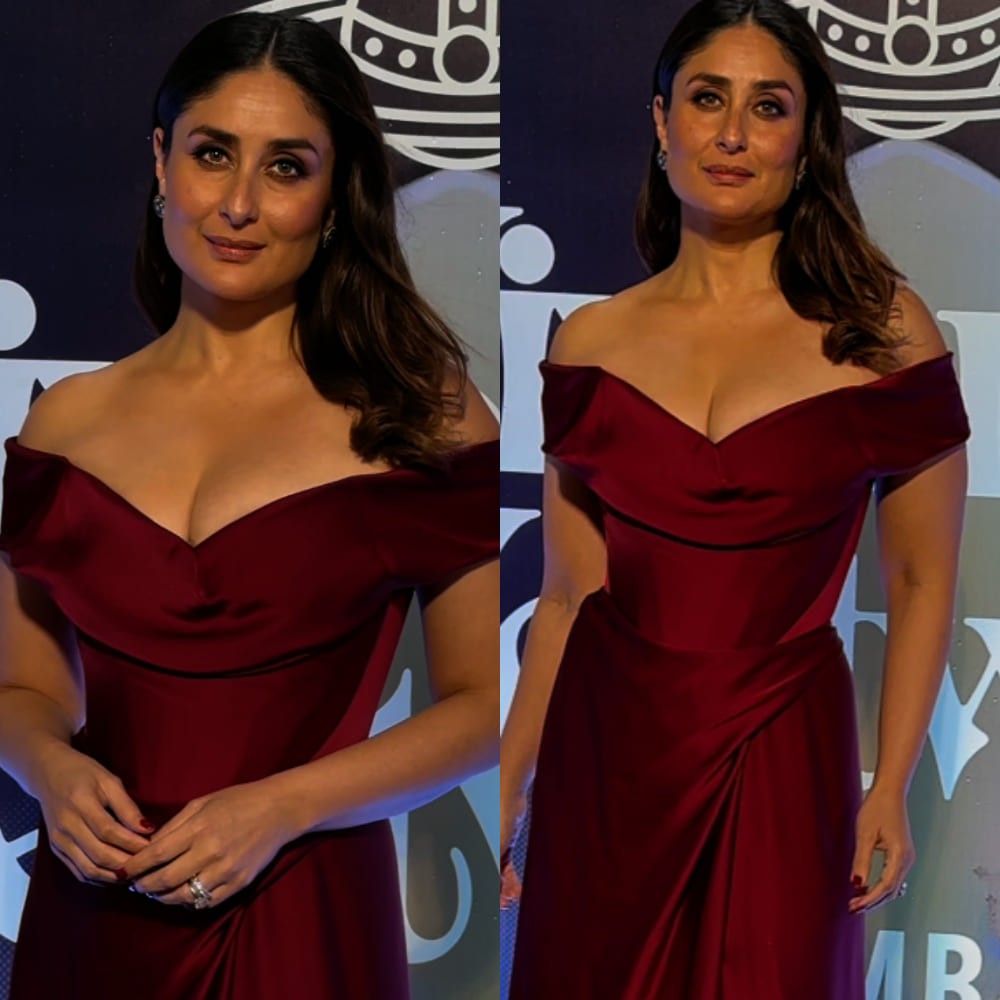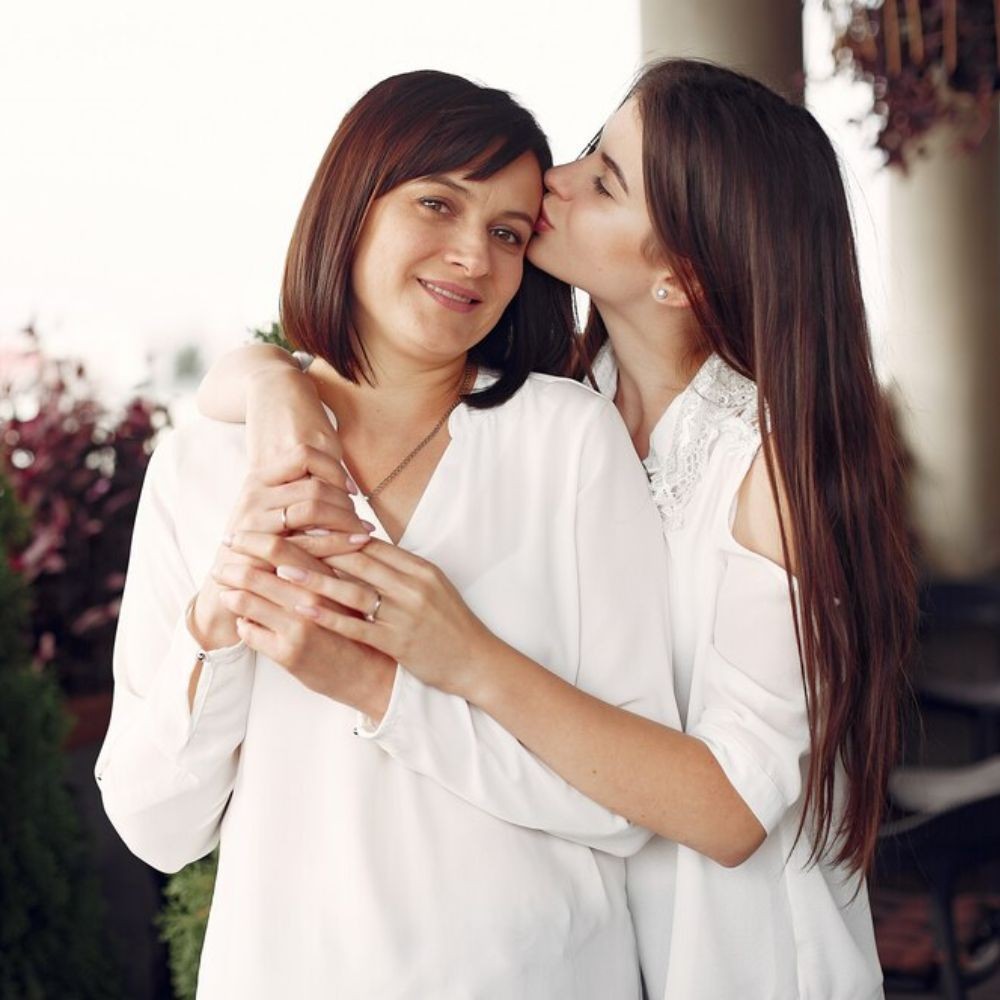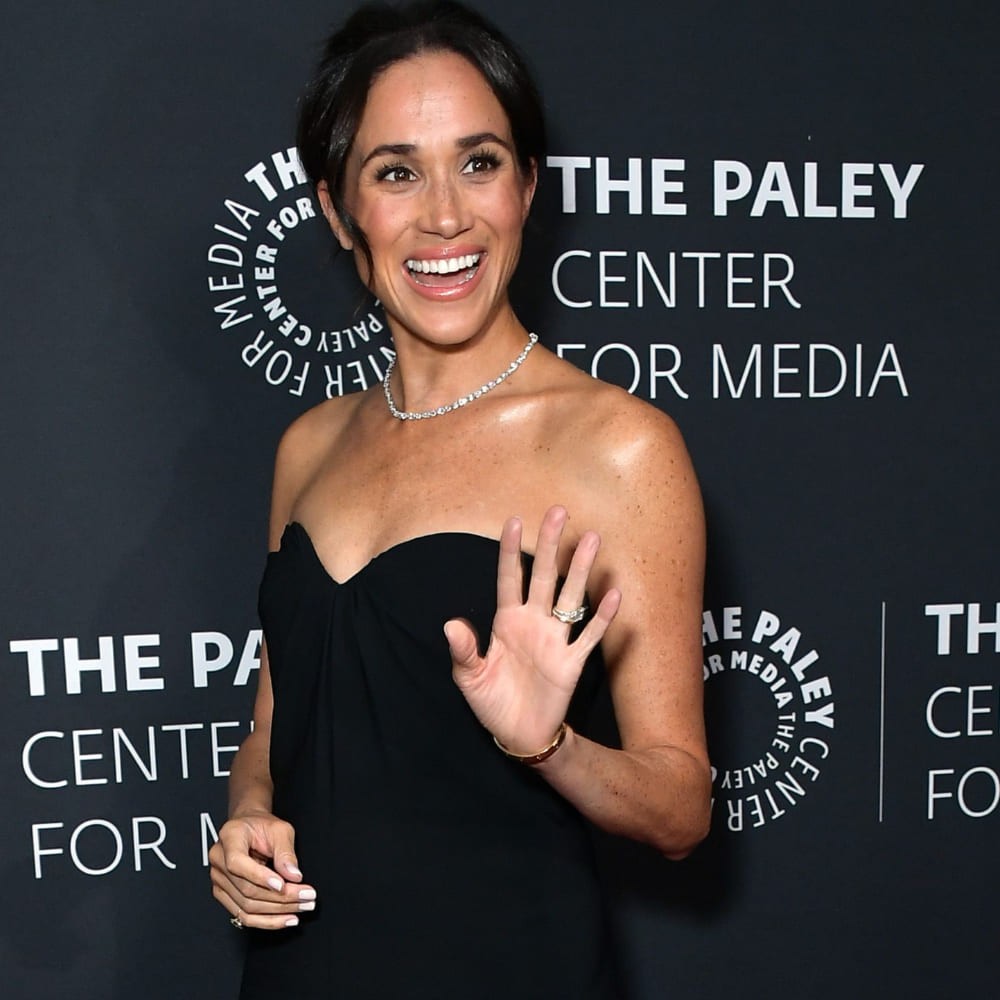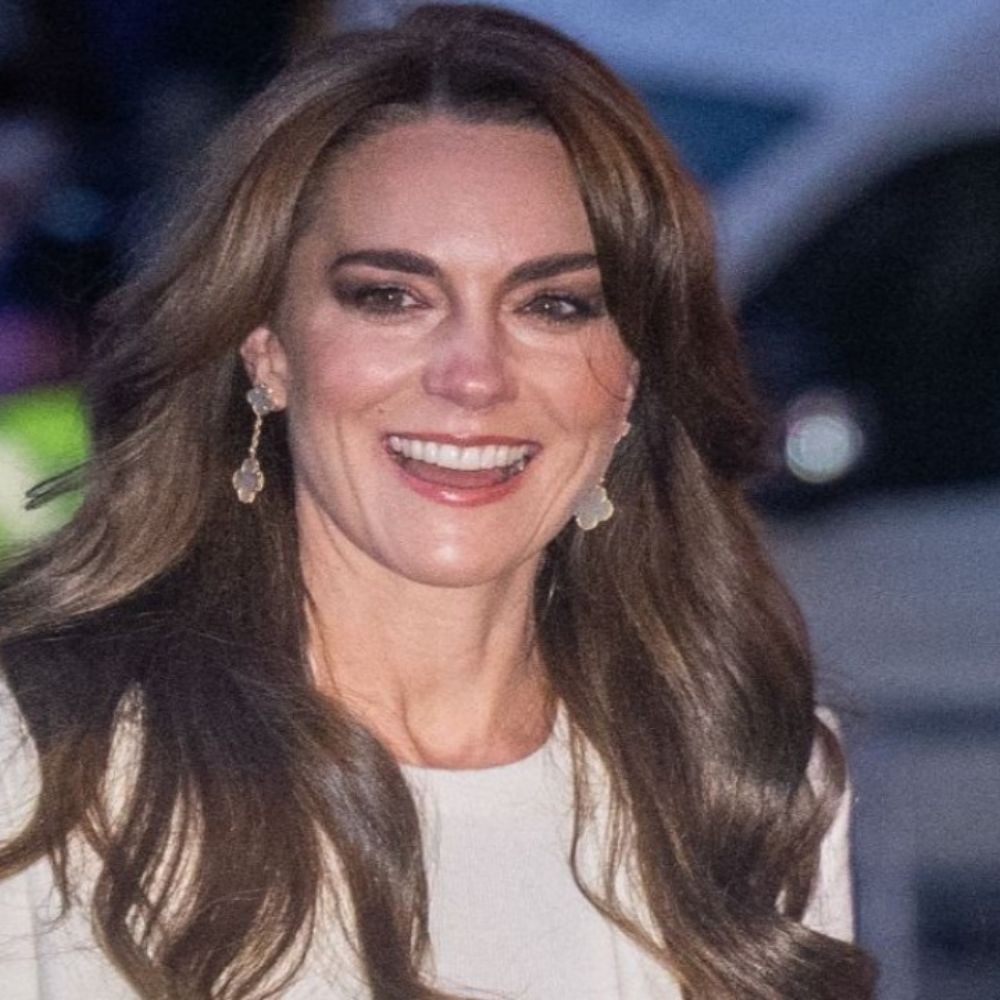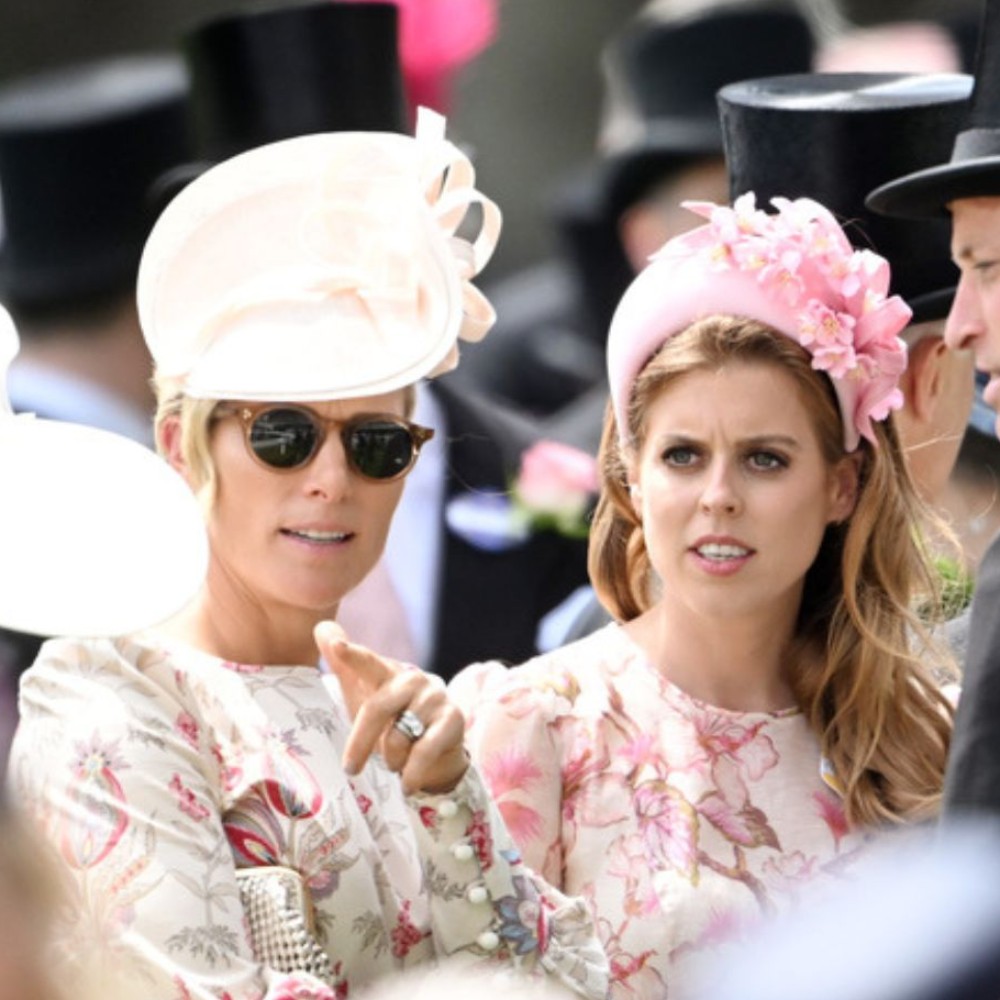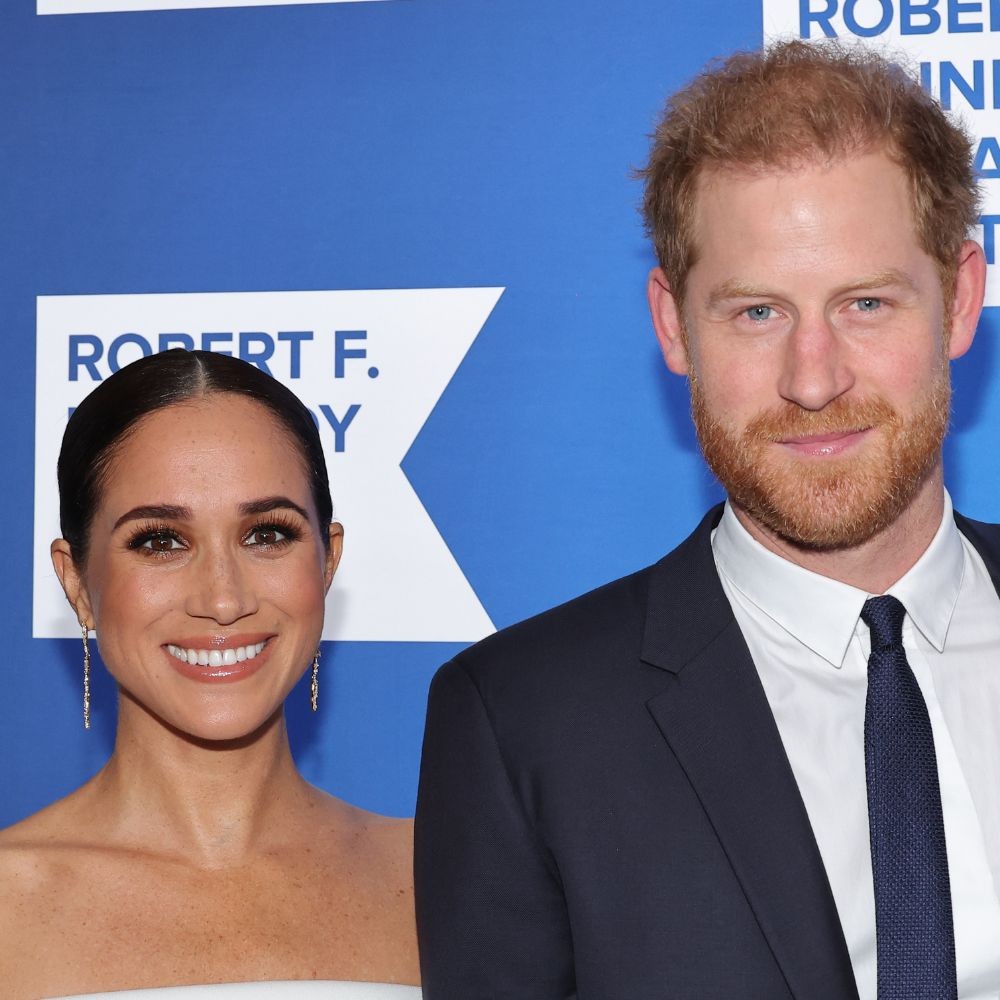What Are Prince Harry And Meghan Markle's Kids' Last Names? Find Out
Prince Harry and Meghan Markle have quietly changed the last names of their two children, Prince Archie and Princess Lilibet, to Sussex, reflecting their royal titles.
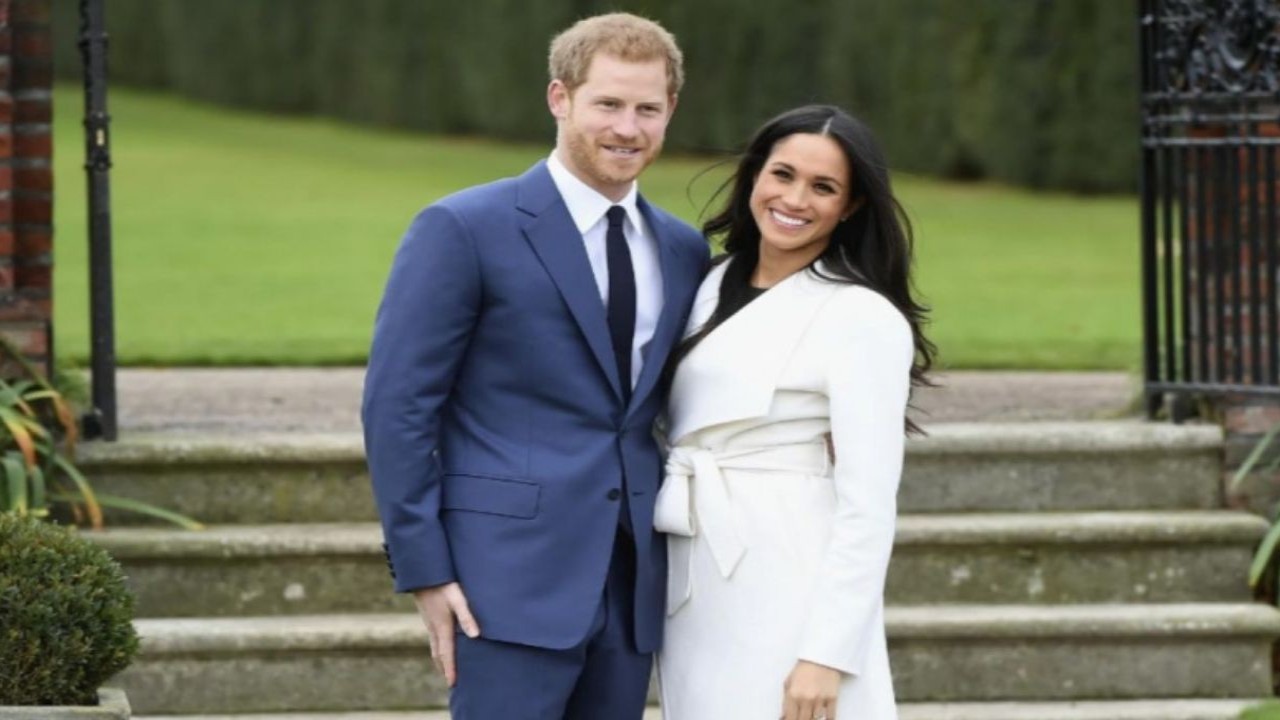
To better reflect their royal titles, Prince Harry and Meghan Markle have subtly changed the last names of their two children, Prince Archie and Princess Lilibet. Officially, both children now go by the Sussex surname, which is derived from their father's title.
The modification signifies a minor but noteworthy shift in the royal family's identification of the children. Their last names were not previously known to the public, but they have since been changed to Prince Archie Sussex and Princess Lilibet Sussex on the royal family website.
Prince Archie and Princess Lilibet are sixth and seventh in the royal succession, respectively, after their father, Prince Harry, and their cousins, Prince William, Prince George, Princess Charlotte, and Prince Louis.
This modification is a reflection of the complex royal customs and etiquette, as well as the meticulous thought put into issues of royal ancestry and succession. Even while the change might not seem significant, it emphasizes how crucial it is to keep royal titles and identities presented consistently and clearly.
Archie and Lilibet: New last names reflect royal tradition
Archie Sussex and Lilibet Sussex are the children's official names; on the royal family website, they were formerly listed as having the last name Mountbatten-Windsor. Meghan and Harry have also made changes to their web presence at the same time as this upgrade.
Before Prince Harry and Meghan Markle got married in 2018, Queen Elizabeth gave them the titles of Duke and Duchess of Sussex. Furthermore, Prince Harry was granted honorific titles such as the Earl of Dumbarton in Scotland and the Baron Kilkeel in Northern Ireland.
The royal family's long-standing custom of using their titles as their children's last names is in line with this decision. Notably, throughout their early years, Prince William and Prince Harry were referred to by their father's title, Wales. Wales is the last name that is legally used to refer to William's offspring.
This respect for tradition highlights how crucial it is for the royal family to preserve continuity and loyalty to long-standing traditions. It displays a profound regard for royal customs and ancestry while highlighting the importance of titles and identities in the context of the monarchy.
Exploring the evolution of the Royal Family surname: From House Names to Mountbatten-Windsor
Members of the British royal family used their house or dynasty name as their formal surname before 1917. The surname Windsor was first used by King George V for his family, signifying a substantial shift within the House of Windsor. The Windsor Castle, a historically significant and prestigious building, played a role in this decision.
Following George V's choice, Queen Elizabeth officially adopted the Windsor surname when she came to the throne in 1952. But after eight years, she and Prince Philip underwent a significant change.
But after eight years, she and Prince Philip underwent a significant change. They decided to adopt Philip's Mountbatten surname as their own, creating Mountbatten-Windsor. To set their descendants apart from other royal family members, this was done.
Thus, the last name Mountbatten-Windsor is currently borne by direct descendants of Queen Elizabeth and Prince Philip. The Windsor surname has historical significance, and Prince Philip's surname reflects a modern take on tradition within the royal family with this modification.
Royal Titles for Prince Harry and Meghan Markle's children altered After King Charles' coronation
Following King Charles' coronation in May 2023, the children of Prince Harry and Meghan Markle—previously known as Archie Harrison Mountbatten-Windsor and Lilibet Diana Mountbatten-Windsor—saw substantial alterations to their titles.
Royal Central claims that this modification resulted from a 1917 letters patent granted by King George V. According to the letters patent, any sovereign's sons would naturally inherit the title, manner of life, or other characteristics of royal highness. In addition, they would have the honorific title of prince or princess attached to their names, either Christian or otherwise.
Prince Harry and Meghan Markle provided further details to the BBC in March 2023 regarding the rationale for their children's official royal titles. They clarified that the children's titles had been their birthright ever since their grandfather became king. This arrangement adhered to the customs and decorum of Buckingham Palace and had been in place for some years.
Titles have been changed to match royal ancestry and the customs surrounding royal titles in the British monarchy. It emphasizes the importance of royal succession and the customs surrounding the ancestry and rank of the royal family.





 JOIN OUR WHATSAPP CHANNEL
JOIN OUR WHATSAPP CHANNEL





















